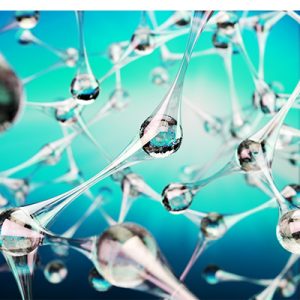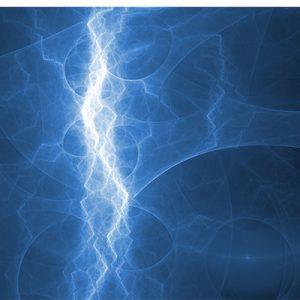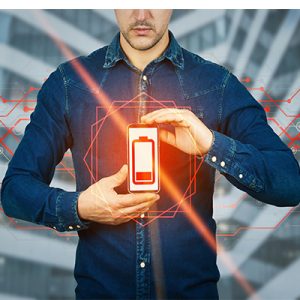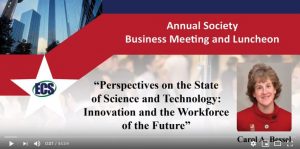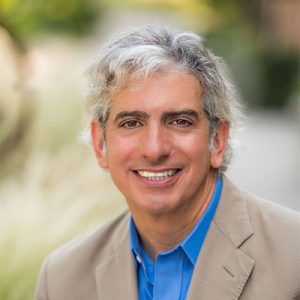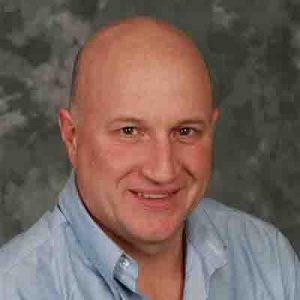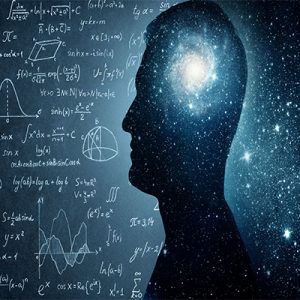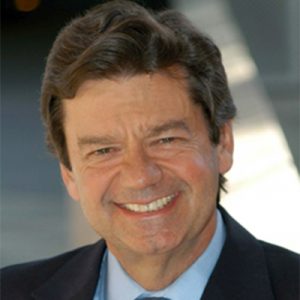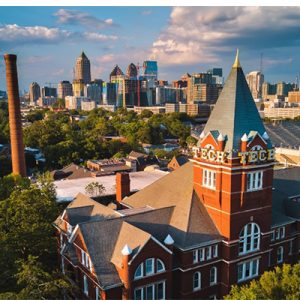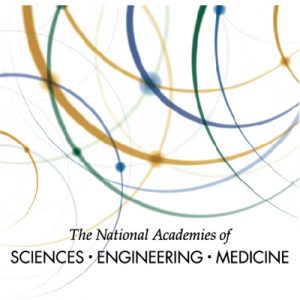 Join the National Academies of Sciences, Engineering, and Medicine for a workshop, Advances, Challenges, and Long-Term Opportunities for Electrochemistry: Addressing Societal Needs. The workshop is on November 18-19, 2019 in Washington, DC. under the auspices of the Chemical Sciences Roundtable of the Board on Chemical Sciences and Technology.
Join the National Academies of Sciences, Engineering, and Medicine for a workshop, Advances, Challenges, and Long-Term Opportunities for Electrochemistry: Addressing Societal Needs. The workshop is on November 18-19, 2019 in Washington, DC. under the auspices of the Chemical Sciences Roundtable of the Board on Chemical Sciences and Technology.
The workshop features sessions on the latest applications of electrochemistry in energy storage, energy conversion, and electrosynthesis. In addition to technical talks, speakers and the audience will discuss the resource, training, and workforce needs to advance electrochemistry in the United States. (more…)


